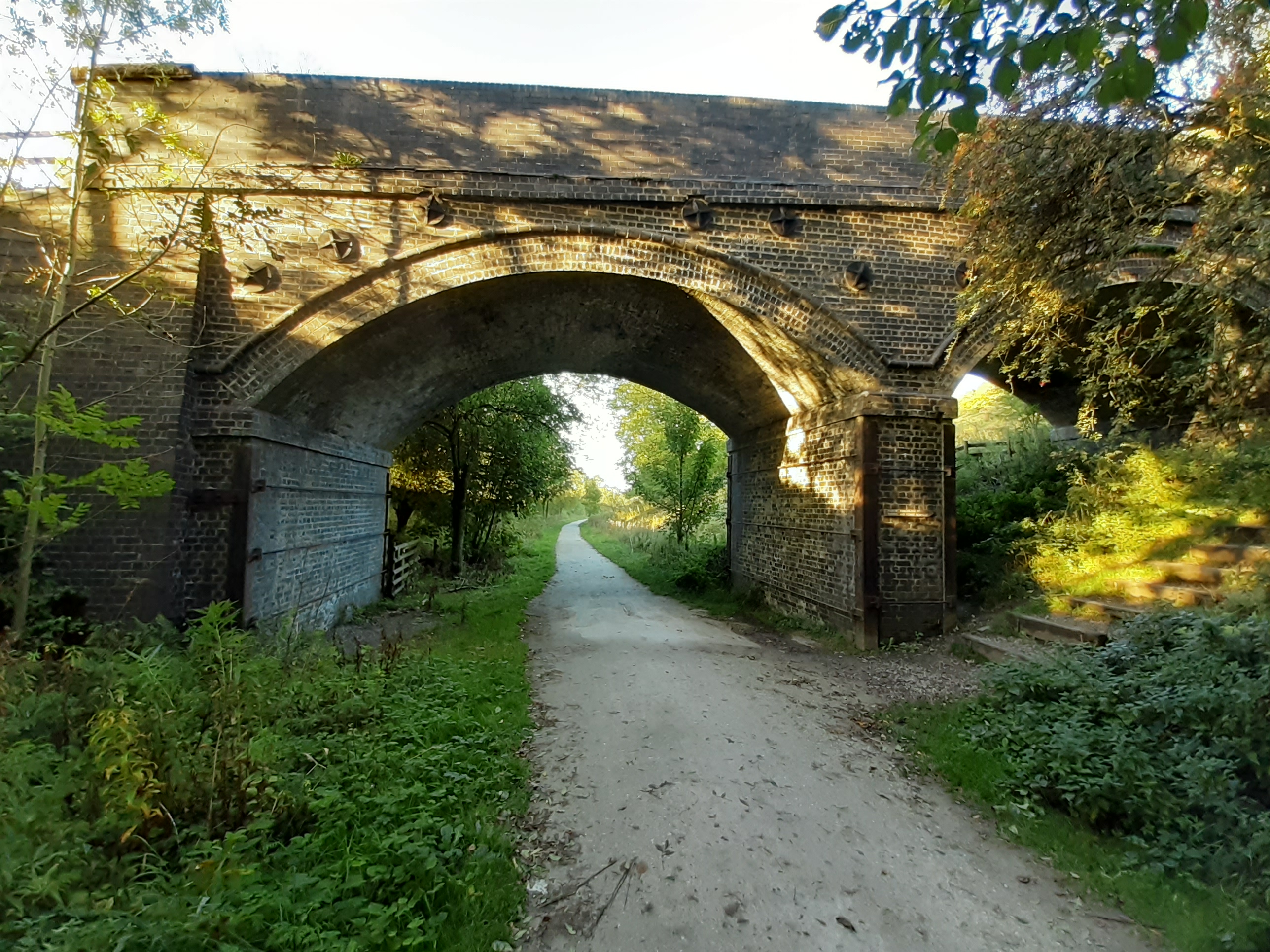Learning from 'hitting the wall'

An important part of developing is learning from our mistakes. If everything always goes to plan, we might never fulfil our potential.
Sabrina Varjee, who recently set a record completing 326 miles running 214 Lake District peaks (in one go!) quoted:
“If you could do everything you set out to do first time, every time, you are not challenging yourself”
If we think about this in the context of work, if we are stretching ourselves, there will be times we make mistakes. There will be times things don’t turn out as expected.
These experiences can help us reflect and think how to approach things differently. We can pick apart what happened and make changes. We can learn from experience. For example, a mistake might highlight a learning need we have, or that a different approach is needed. Whatever the reason, it can provide experiential learning and opportunities for growth.
There are some tools to help us reflect when things don’t go to plan including:
Kolb’s learning cycle and reflective practice
These help us explore what happened, what we learnt and how we can use this in the future. This reflection is an important part of our Continual Professional Development (CPD).
Reflection can also be done without the use of a model, anywhere, anytime. Maybe when we are out walking or talking things through with a friend. It can happen over time; a slow, gradual process.
About two years ago I ran a road race called the Ashby 20 – two 10-mile laps of undulating roads. My training had gone well and other than a bad bout of nerves, I was ready for the challenge. I ran round the first 13 miles like a spring chicken! I even declined an energy drink a good friend offered me. What did I need that for?
Then things started to go wrong. Slowly, but surely, I ran out of energy and felt dizzy. That wasn’t part of the plan! I slogged on and had a few pit stops. The last mile felt like it lasted forever; I got overtaken by a man wearing a gorilla suit! On reaching the finish line rather than being jubilant, I felt dizzy, sick, exhausted, and glad it was over.
For some time, I berated myself that the run had gone ‘wrong’. Even though I’d done the distance, it hadn’t gone to plan. Slowly over time though, I was able to look back at what happened more objectively. I started to feel proud that I’d got round and wanted to learn from what happened.
I learned so many lessons about running. I spoke to endurance runners, read blogs and listened to podcasts. Nutrition for long runs was a whole new area to me. I set myself a new goal – a marathon. This time I aimed to fuel correctly, it turned out one gel and some gulps of water wasn’t enough over 20 miles! My training involved trying out different approaches to nutrition and carrying plenty of water. I also did my longer practise runs at a slower pace, to build up my endurance.
This September I reached my goal and also raised £600 for Cancer Research UK, running it as part of ‘Race for Life’. I ran 26.2 miles in under 4 hours in the beautiful peak district, not bad for a 49-year-old (at the time of writing)!
Had I not experienced my (perceived) failure in the Ashby 20, I doubt I would ever have achieved this. It was a different experience running so far on my own, but there were benefits. Least of which was my husband cheering me on and providing chocolate at set points on-route! I felt fantastic for the whole run and loved every step.
When things don’t work out as expected it can be hard. We can blame ourselves or others around us. It can be easy to feel like we have ‘failed’ in some way. It can be hard to be objective and view things how someone else might; most likely a good friend would show empathy and compassion.
Over time though we can benefit from things not going to plan. We can dust ourselves down, look at what went happened and use what we learnt. At work this might result in taking on a project with renewed vigour, gaining new skills or trying something completely different. With hindsight, we might even be glad things didn’t go to plan initially.